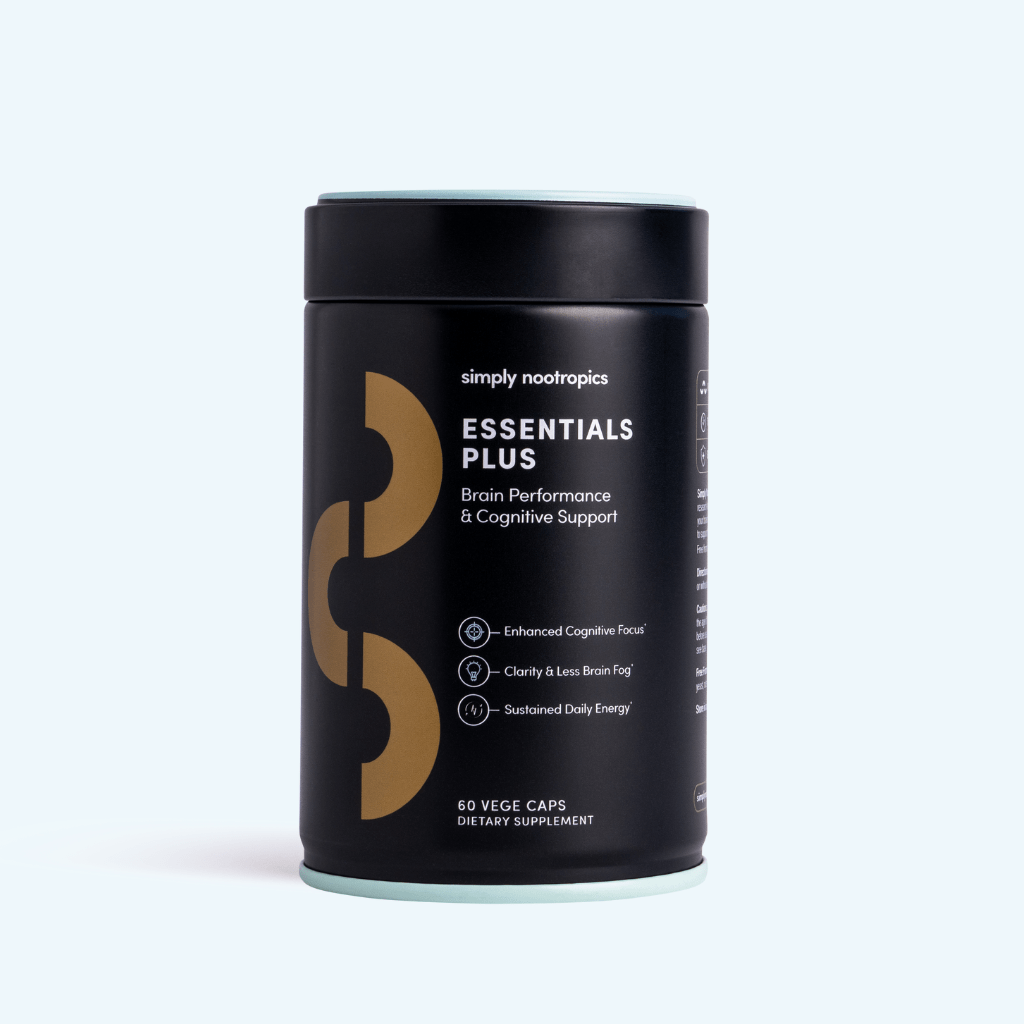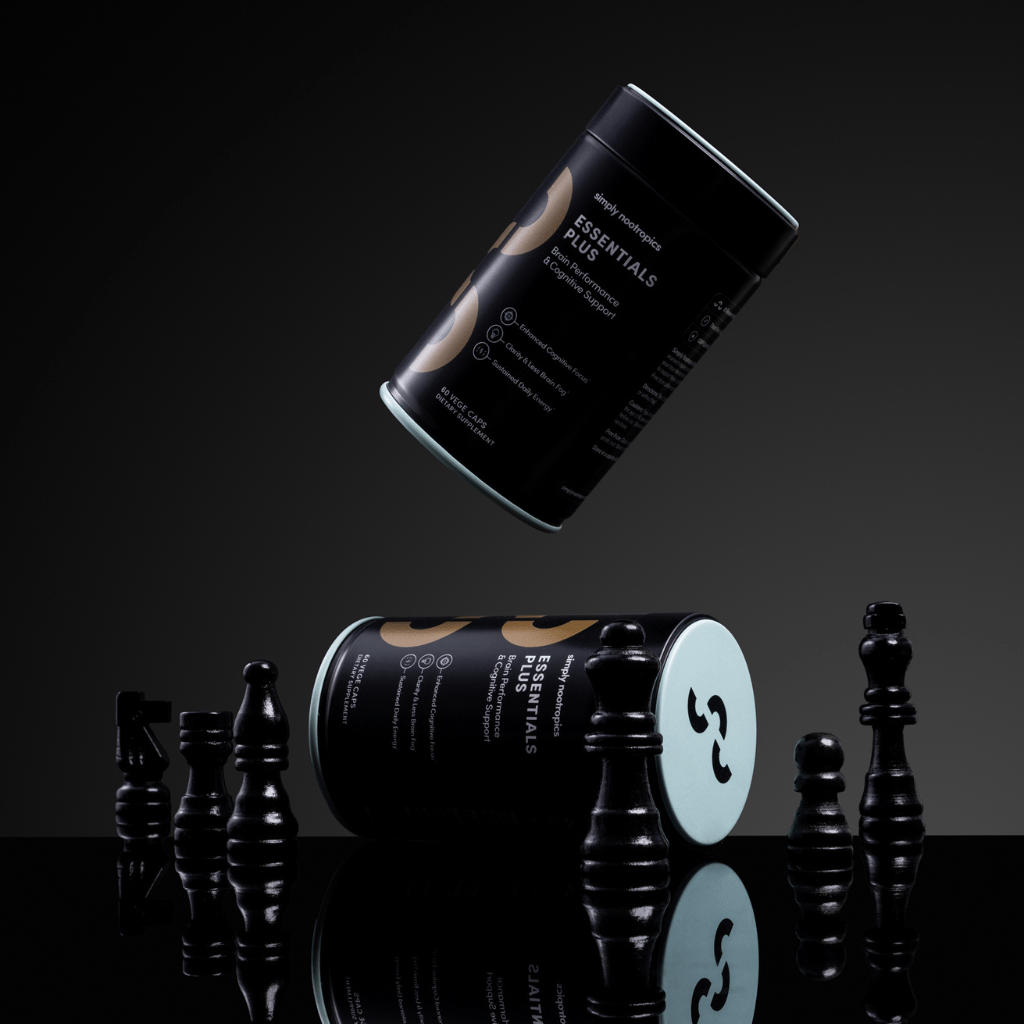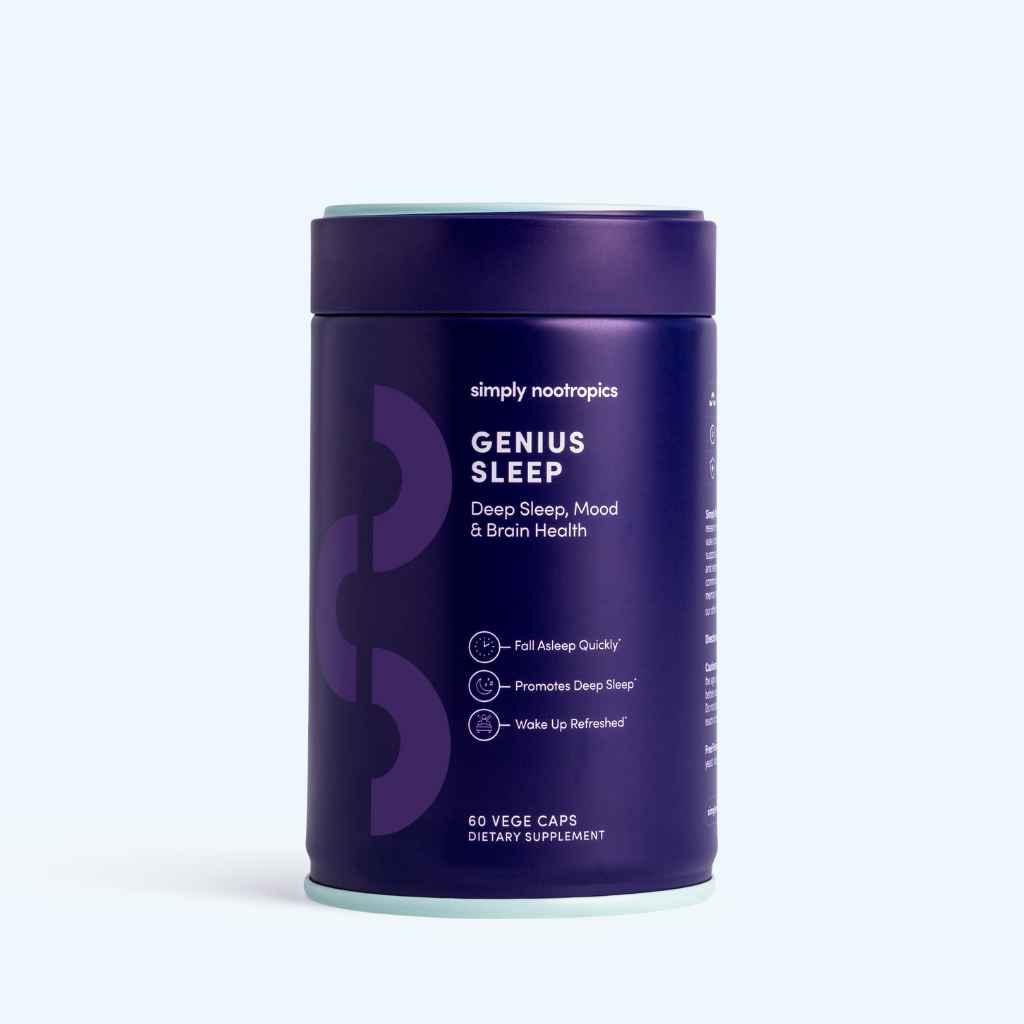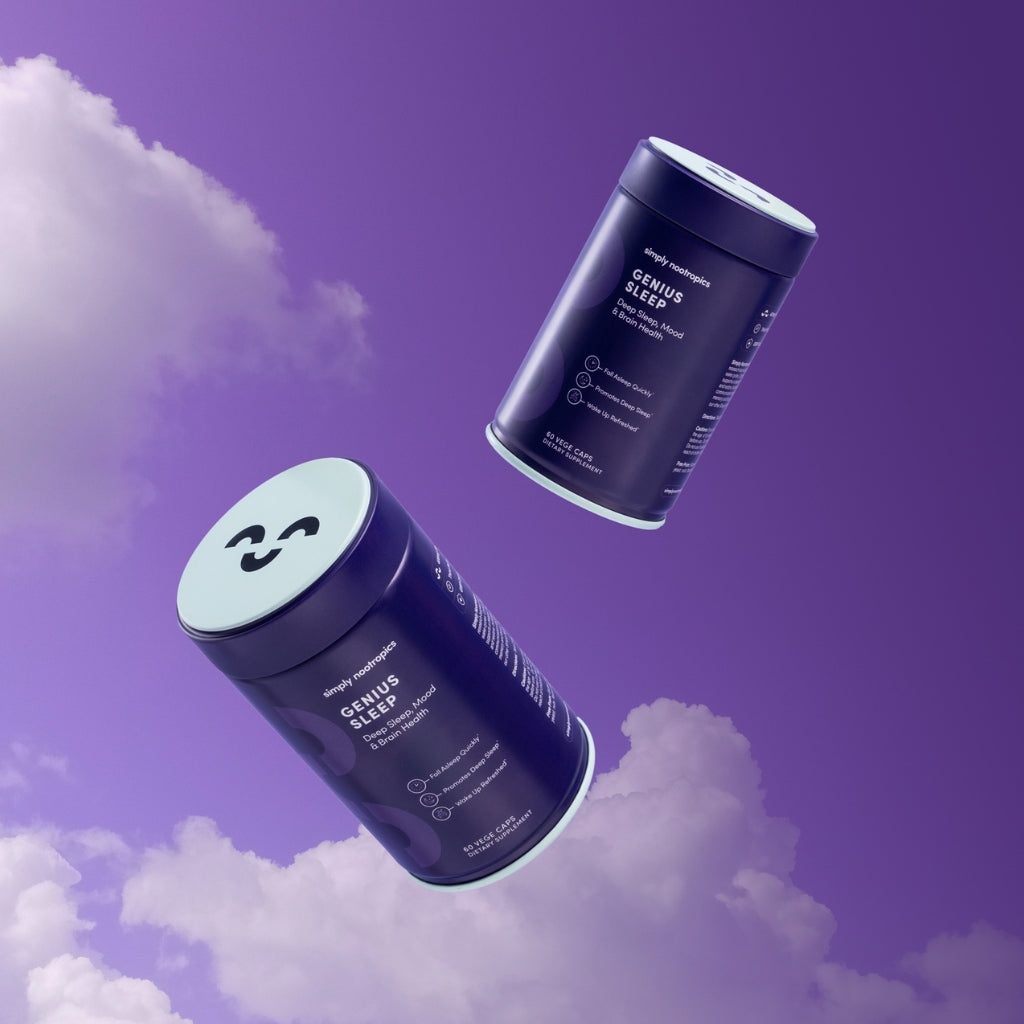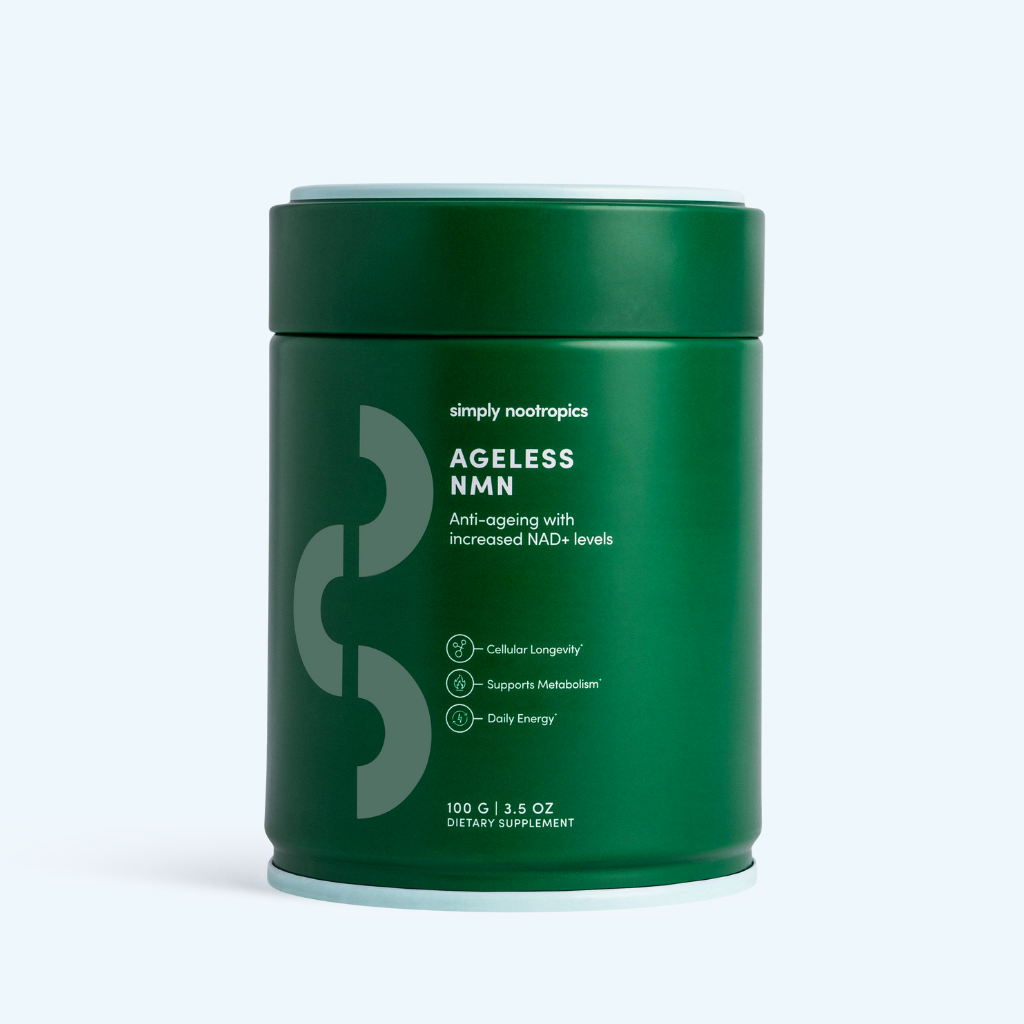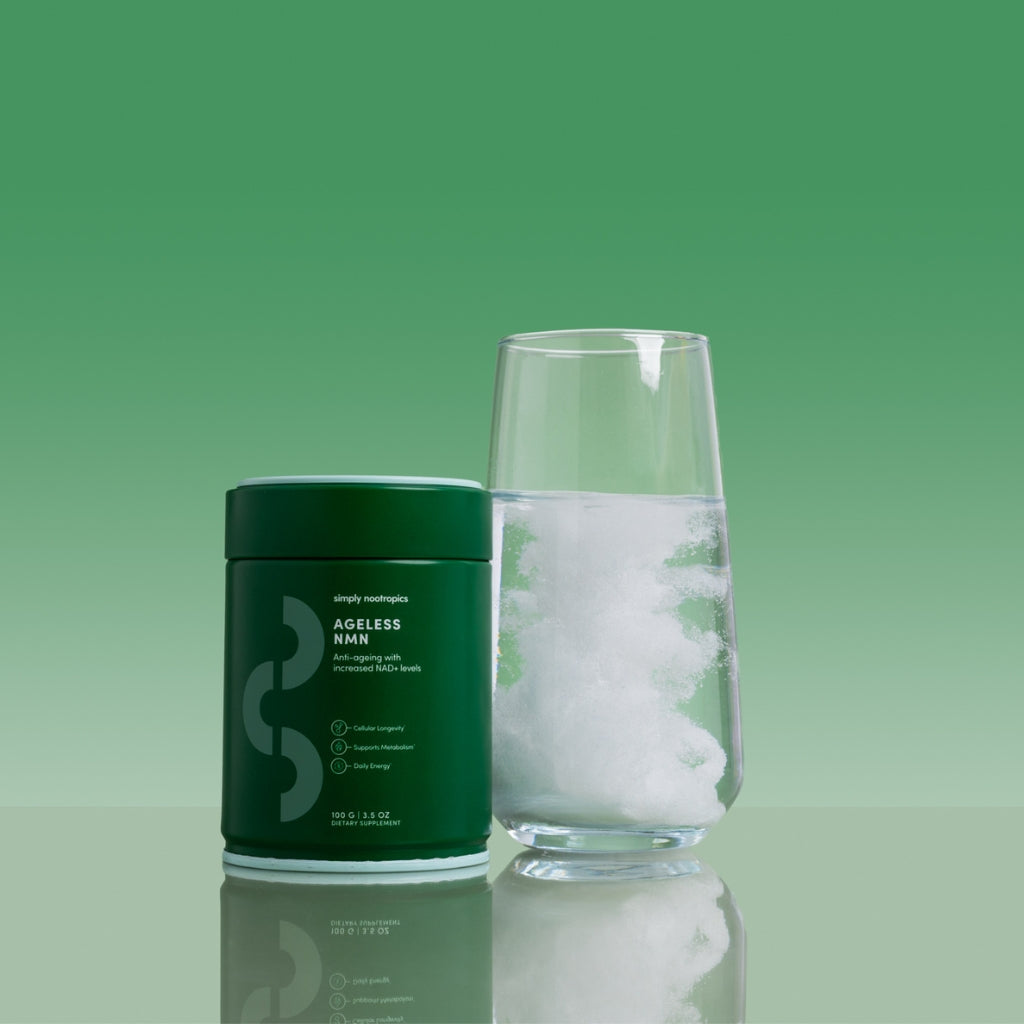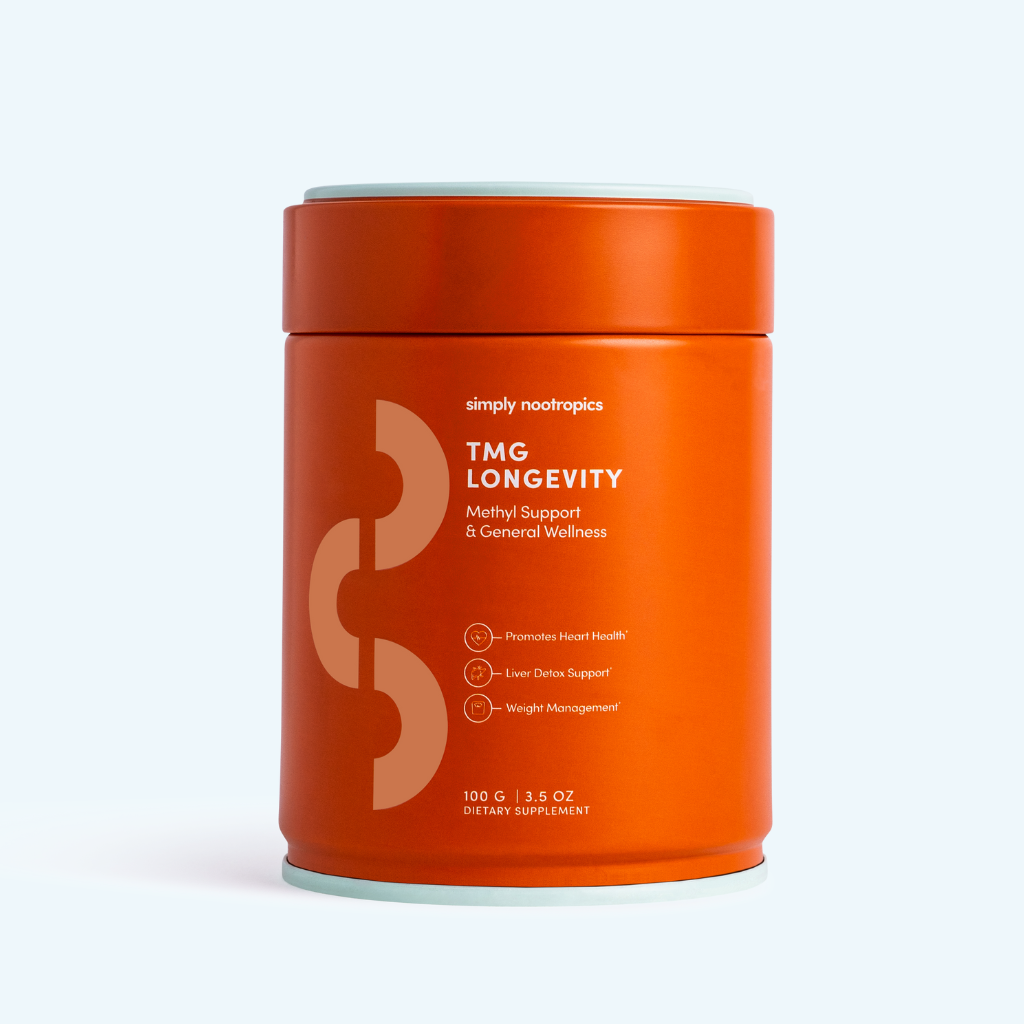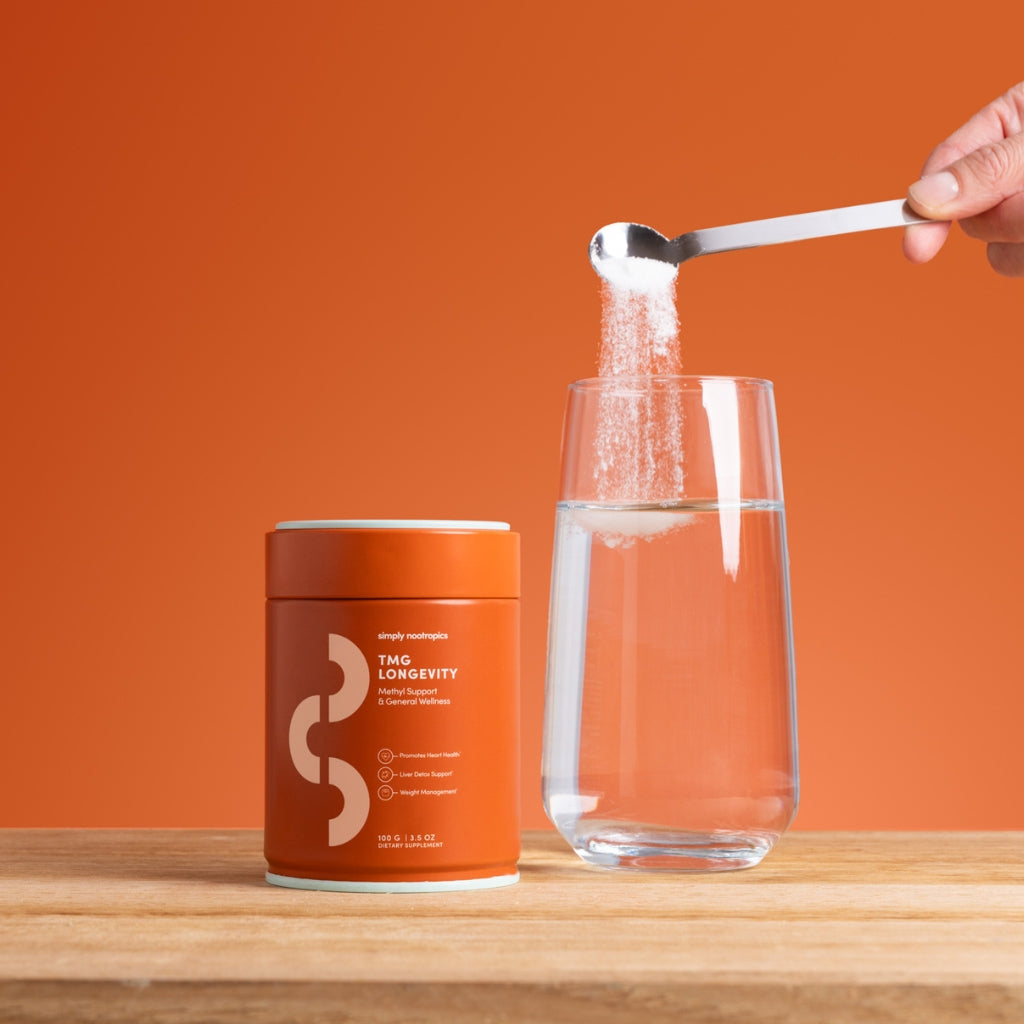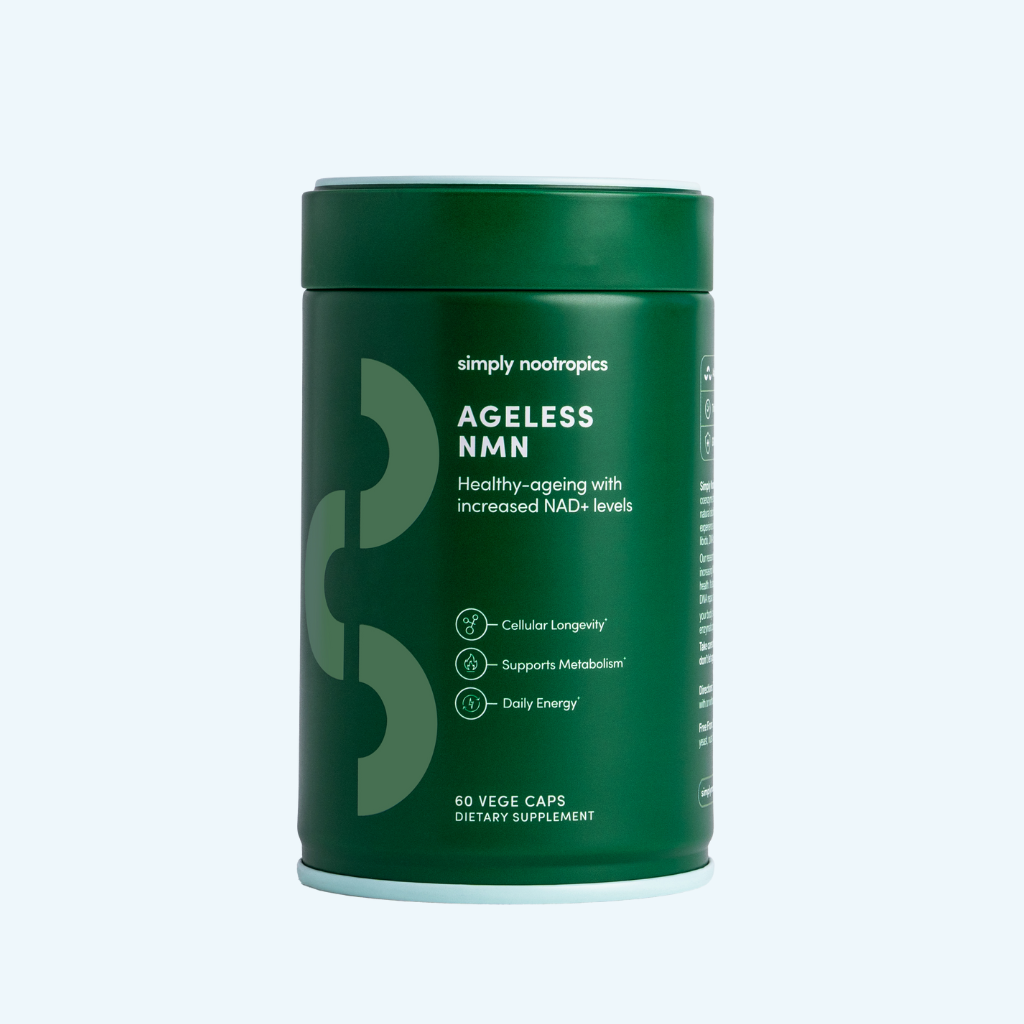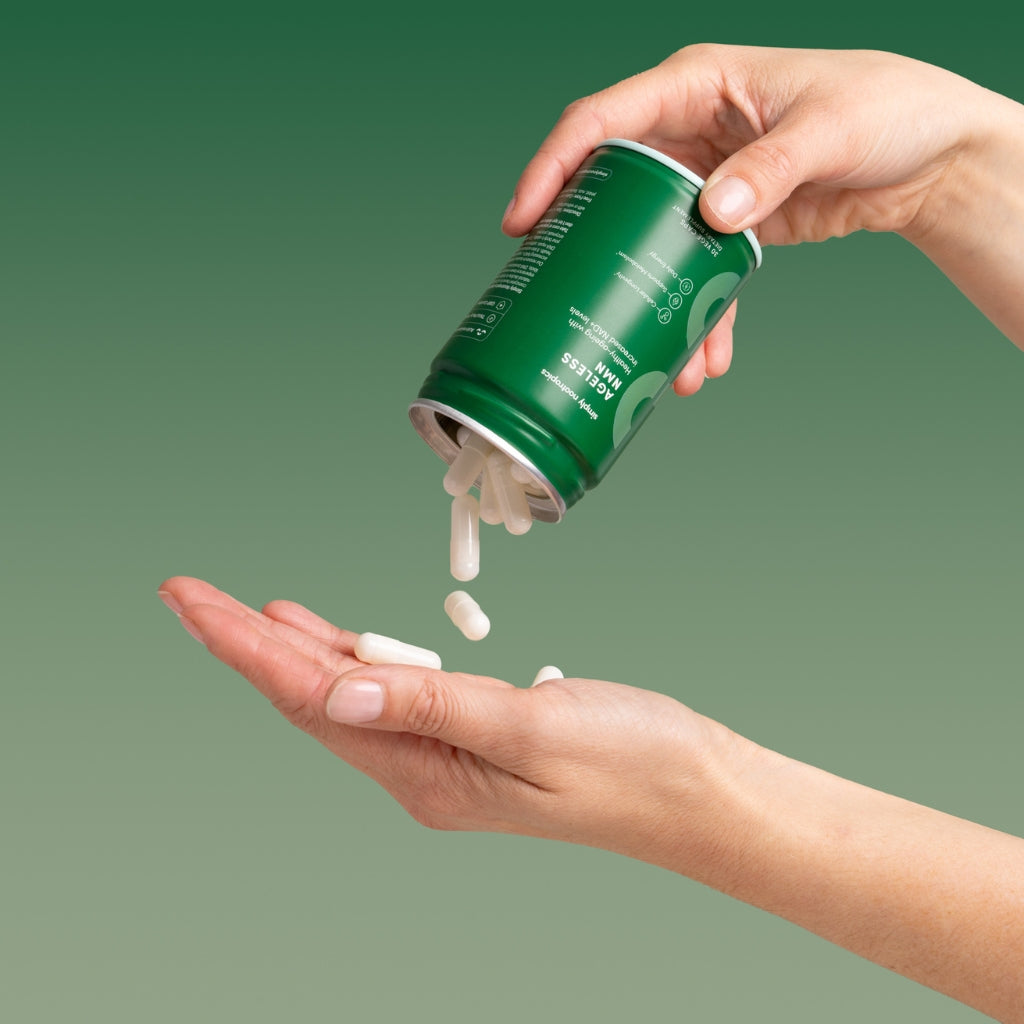When skin flares up, it’s often brushed off as a surface-level issue. But inflammation that shows on the outside is usually a signal of something deeper, like imbalances in the immune system, stress load, nutrient status, or even cellular ageing.
In fact, the skin is one of the first places we see what's going wrong internally. Poor sleep, blood sugar swings, chronic stress, or oxidative damage… your skin is often trying to tell you something. And when you take the time to listen, and support it from the inside out, you’re not just improving how your skin looks. You're improving how your body functions, recovers, and ages over time.
Here are eight ways to calm inflammation, support skin clarity, and take care of your body in the process.
1. Ditch the overly harsh skincare products
Let’s start with the obvious. Many of us reach for strong exfoliants, foaming cleansers, or toners that promise instant results. But these can strip the skin of its protective barrier and lead to long-term inflammation. That tight, squeaky-clean feeling? Not a good sign.
When the outer layer of skin is compromised, it becomes more vulnerable to irritants, allergens, and pathogens. The result? Redness, breakouts, dryness, or a general feeling of discomfort. Over time, this can increase the appearance of ageing and reduce the skin’s ability to heal itself.
Try this instead: Use a gentle, fragrance-free cleanser, avoid daily exfoliation, and look for ingredients like ceramides, glycerin, and niacinamide that help support the skin’s natural moisture barrier. Simpler routines often work best to reduce skin inflammation, especially for inflamed or sensitive skin.
2. Prioritise high-quality sleep
You’ve heard it before, but it bears repeating: poor sleep affects nearly every system in the body, including the skin. During sleep, your body enters repair mode, producing growth hormones, managing inflammation, and supporting cellular regeneration. Skimping on rest can disrupt these processes and lead to increased cortisol, which triggers inflammatory responses in the skin.
Sleep deprivation is also linked to slower wound healing, greater sensitivity, and more visible signs of ageing. Inflammatory skin conditions like acne, eczema, and psoriasis often worsen after a few bad nights of sleep.
To support your skin: Aim for seven to nine hours of uninterrupted sleep per night if you want to reduce skin inflammation. Try to keep a consistent bedtime, limit blue light in the evenings, and avoid heavy meals and alcohol before bed.
3. Cut back on ultra-processed foods
What you eat matters, especially if you hope to reduce skin inflammation. Highly processed foods (think refined sugars, white flour, trans fats, and additives) are known to promote inflammation in the body. They can cause spikes in blood sugar, imbalances in gut bacteria, and oxidative stress, all of which can show up on your skin.
There’s growing evidence that diets high in refined carbs and seed oils are linked to increased acne severity and slower healing times. On the other hand, anti-inflammatory foods, like leafy greens, berries, nuts, oily fish, and colourful vegetables, are packed with antioxidants and nutrients that support both skin and systemic health.
A smart approach: You don’t need to overhaul your entire diet. Start by swapping out ultra-processed snacks for whole-food options and including more anti-inflammatory staples like turmeric, flaxseeds, and cruciferous vegetables.
4. Strengthen your antioxidant defences
Oxidative stress is a key driver of inflammation. It occurs when there’s an imbalance between free radicals and the body’s ability to neutralise them. Environmental factors like pollution, UV exposure, and even intense exercise can increase free radical production, contributing to skin inflammation, collagen breakdown, and premature ageing.
Antioxidants are the body’s defence mechanism, and they help neutralise free radicals and reduce the inflammatory cascade. Vitamin C, in particular, is well-known for its skin-supporting properties, and it helps reduce skin inflammation. It helps brighten the skin, support collagen synthesis, and counteract damage from environmental stressors.
You’ll also find antioxidant benefits from eating colourful produce, like red capsicums, blueberries, spinach, and tomatoes. These foods offer a wide spectrum of protective compounds like polyphenols and flavonoids.
5. Show your gut some love
The gut and the skin are more connected than many people realise. A healthy, diverse microbiome is key to regulating inflammation, supporting the immune system, and keeping your skin clear. Imbalances in gut bacteria have been linked to acne, eczema, and even accelerated skin ageing.
Improving gut health to reduce skin inflammation starts with the basics: more fibre, more variety in plant-based foods, and fewer processed items. Fermented foods like sauerkraut, kefir, yoghurt, and kimchi can help support microbial diversity. Prebiotic-rich foods like garlic, onions, leeks, and oats also feed your good bacteria and keep things moving smoothly.
If your gut feels off, because of bloating, irregularity, or sensitivity, it could be impacting your skin more than you realise.
6. Consider collagen for structure and support
Collagen is the main structural protein in your skin, making up around 75% of its dry weight. It helps maintain elasticity, firmness, and hydration. While it’s not an anti-inflammatory agent per se, it plays a vital role in helping your skin recover from inflammation and maintain its integrity over time.
Ageing, UV damage, and chronic inflammation can all accelerate collagen breakdown. Supplementing with hydrolysed collagen peptides may support skin repair and improve texture, hydration, and elasticity. It’s also been linked to improvements in joint, bone, and connective tissue health, making it a valuable addition for overall wellbeing and to reduce skin inflammation.
Bottom line: If your skin’s been through a rough patch, literally, collagen might help rebuild some of that strength from within. Simply Nootropics Vital Beauty formula blends bovine collagen peptides, which are easily absorbed and support the body’s natural collagen production, with skin-supportive ingredients like hyaluronic acid, known for its ability to retain moisture and plump the skin, and vitamin C, which helps protect against oxidative stress and supports collagen synthesis. Together, these nutrients work to hydrate the skin from within and reduce skin inflammation.



